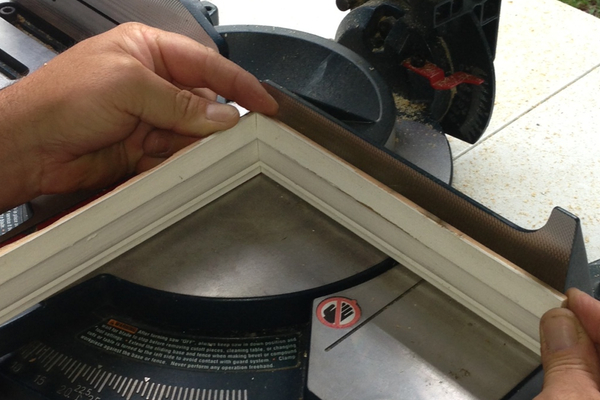AC motors are widely used in both domestic and industrial environments, providing reliable performance in applications powered by alternating current (AC). Their efficiency in tasks that require continuous operation makes them a popular choice for everything from household appliances to heavy machinery. This article explains the different types of AC motors, how they function, and their key advantages. We’ll also cover the application of AC motors in tools like the power drill, which rely on similar motor technology.

What are the main categories of AC motors?
AC motors are generally classified into two types: Synchronous motors and Induction motors.
- Synchronous Motors: These motors run at a constant speed, synchronized with the AC supply frequency. They are used in applications requiring precise speed control, such as in robotics or instrumentation.
- Induction Motors: The most common type of AC motor, induction motors work by generating current through electromagnetic induction in the rotor. They are widely used in household appliances and industrial machines due to their durability and low maintenance requirements.
How do AC motors operate?
AC motors function using electromagnetic principles. When AC flows through the stator, it creates a rotating magnetic field that interacts with the rotor, causing it to spin. The speed at which the rotor turns is influenced by the AC supply frequency and the motor’s design. In tools like power drills, an AC motor is often used to deliver high torque, making the tool efficient for various tasks.
What makes AC motors better than DC motors?
AC motors are often chosen over DC motors for several reasons:
- Cost-Effectiveness: AC motors are generally less expensive to produce and maintain, particularly induction motors.
- Durability: AC motors have fewer moving parts, leading to reduced wear and tear and extended service life.
- Efficiency: AC motors operate more efficiently, especially in applications that require constant speed over long periods.
Because of these benefits, AC motors are a common choice in tools like power drills, ensuring consistent and reliable performance.
Where are AC motors typically found?
AC motors are used in various settings, including:
- Household Appliances: Devices like dishwashers, ceiling fans, and refrigerators depend on AC motors for efficient operation.
- Industrial Equipment: Factories use AC motors to power conveyors, compressors, and other large machinery.
- Power Tools: Power tools such as power drills, saws, and sanders incorporate AC motors for reliable performance.
- HVAC Systems: AC motors drive fans and compressors in heating and air conditioning systems.
In conclusion, AC motors are crucial components in a wide range of machines, offering reliability, efficiency, and low maintenance. Their role in both everyday appliances and industrial machinery makes them indispensable in today’s technological landscape.